Articles from International Contrast Ultrasound Society
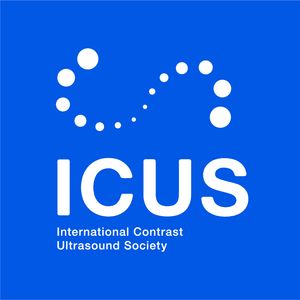
Patients with liver diseases will have expanded access to advanced ultrasound imaging and transplant options, thanks to new policy allowing doctors to use contrast-enhanced ultrasound (CEUS) to help assess certain liver cancers and determine whether a liver is healthy enough for transplantation, according to experts affiliated with the International Contrast Ultrasound Society (ICUS).
By International Contrast Ultrasound Society · Via Business Wire · July 14, 2025
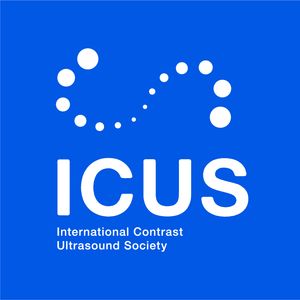
A comprehensive new study based on nationwide claims data from more than 11 million patients shows that diagnostic contrast-enhanced ultrasound (CEUS) exams are safe and can lower a patient’s risk of death.
By International Contrast Ultrasound Society · Via Business Wire · May 14, 2025

Contrast-enhanced ultrasound (CEUS) is a safe and accurate diagnostic imaging option for pregnant women who develop a medical problem or a suspicious tumor that typically would be investigated by a contrast enhanced CT or MR scan, according to a new study by Canadian doctors.
By International Contrast Ultrasound Society · Via Business Wire · April 11, 2025

Ultrasound contrast agents show promise for detecting and evaluating uterine disorders and prostate cancers, scientists reported today at the annual Advances in Contrast Ultrasound conference in Chicago.
By International Contrast Ultrasound Society · Via Business Wire · September 9, 2024
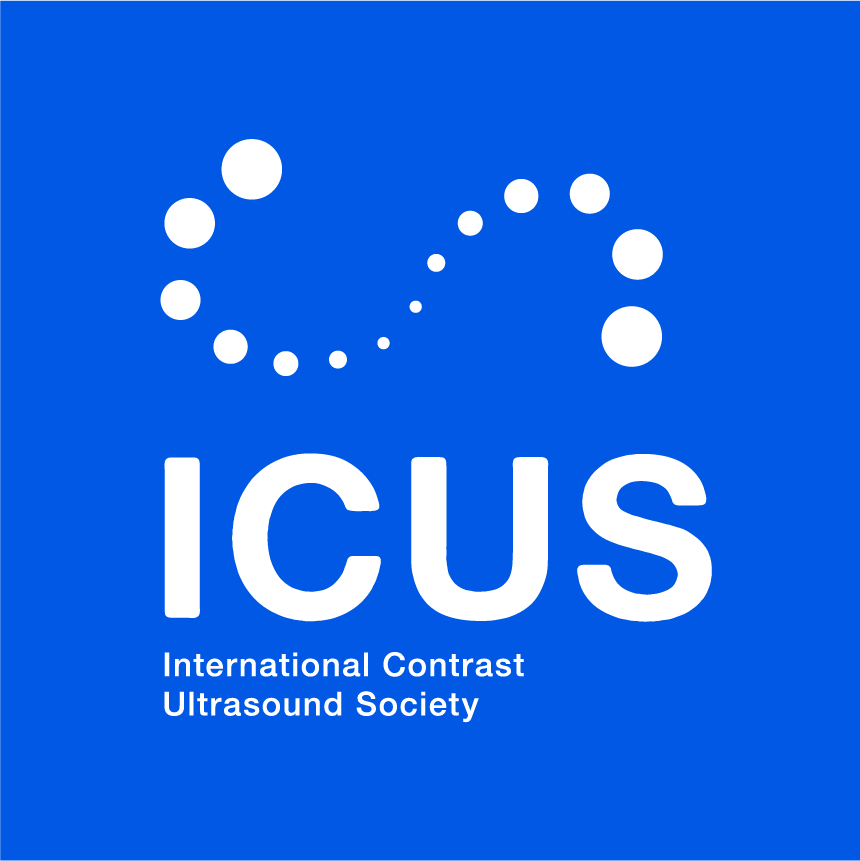
Doctors are finding that contrast enhanced ultrasound (CEUS) is so effective in imaging kidney masses in patients with polycystic kidney disease that “they go right to CEUS and no longer bother with CT,” Dr. Richard Barr said Friday at the annual Advances in Contrast Ultrasound conference in Chicago.
By International Contrast Ultrasound Society · Via Business Wire · September 7, 2024

Sonographers trained in administering ultrasound enhancing agents (UEAs) can help improve patient care while also reducing health care costs, a Harvard cardiologist said Thursday at the annual Advances in Contrast Ultrasound conference in Chicago.
By International Contrast Ultrasound Society · Via Business Wire · September 6, 2024

A medical ultrasound conference may be the last place physicians expected to be asked: Does your dog kiss you?
By International Contrast Ultrasound Society · Via Business Wire · September 5, 2024

More patients will now have access to safe and inexpensive diagnostic scans known as “contrast-enhanced ultrasound” (CEUS) as a result of the expanding role of sonographers, according to the International Contrast Ultrasound Society (ICUS).
By International Contrast Ultrasound Society · Via Business Wire · March 21, 2024

Contrast enhanced ultrasound (CEUS) is underutilized in the United States, and reduced access to this noninvasive diagnostic imaging tool may pose a greater risk to patients than rare side effects associated with use, according to doctors who spoke today at the 37th International Bubble Conference in Chicago.
By International Contrast Ultrasound Society · Via Business Wire · September 8, 2023

A simple, noninvasive contrast enhanced ultrasound (CEUS) scan is an ideal tool for resolving frequent indeterminate MR and CT scans, according to Dr. Stephanie Wilson, a clinical professor of radiology and gastroenterology at the University of Calgary and Co-President of the International Contrast Ultrasound Society.
By International Contrast Ultrasound Society · Via Business Wire · September 7, 2023
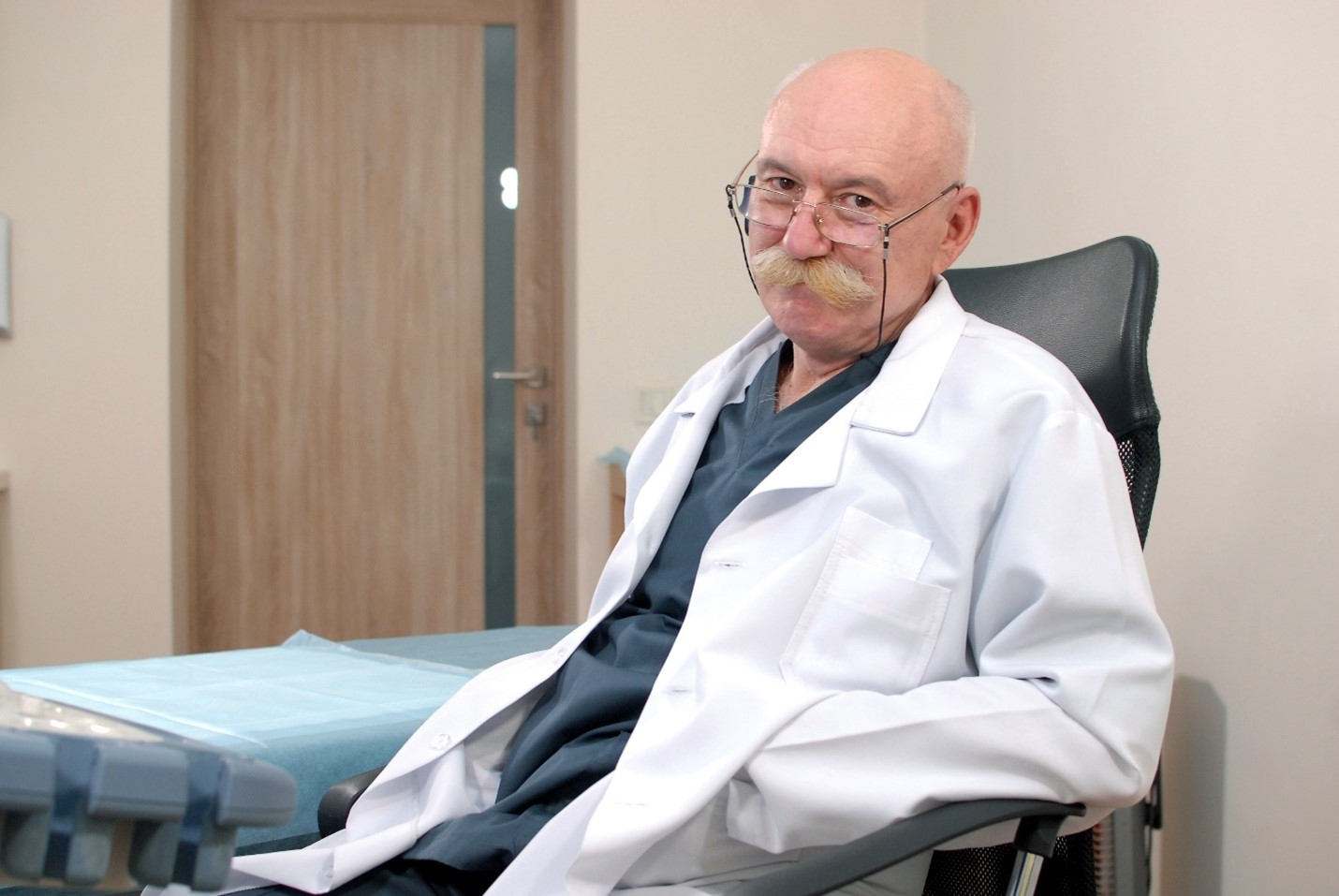
Miracles have been few and far between for Ukrainian children who are fleeing war zones while facing cancer and other life threatening diseases.
By International Contrast Ultrasound Society · Via Business Wire · June 27, 2022
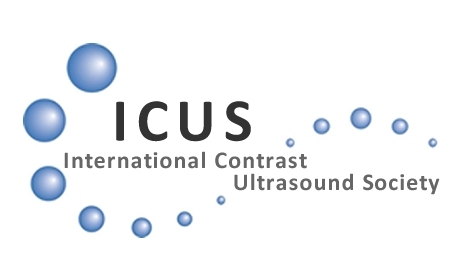
The International Contrast Ultrasound Society (ICUS) today urged physicians to use ultrasound contrast agents (UCAs) to enhance conventional ultrasound images where medically appropriate, with customary protocols in place to address rare allergic reactions that may occur in one out of ten thousand doses.
By International Contrast Ultrasound Society · Via Business Wire · April 23, 2021
